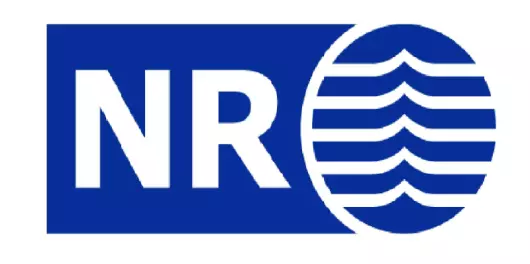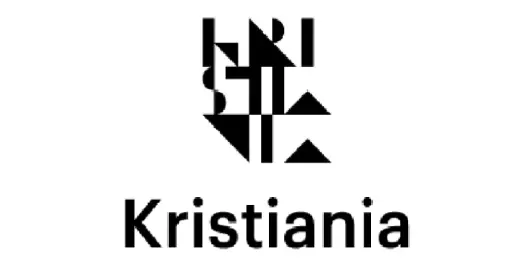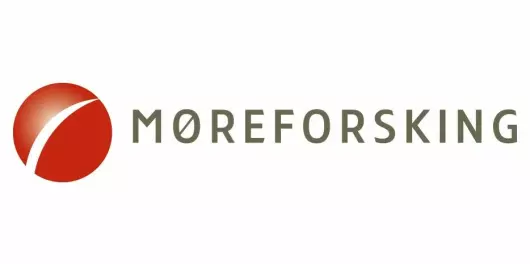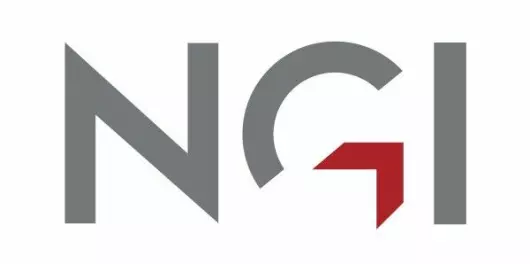Ledig stilling på Universitetet i Oslo
Blindern og Urbygningen (Foto: Wikimedia og Colourbox)
PhD Research Fellow in computational chemistry
Deadline: 01.04.2021
Universitetet i Oslo
The University of Oslo is Norway’s oldest and highest rated institution of research and education with 28 000 students and 7000 employees. Its broad range of academic disciplines and internationally esteemed research communities make UiO an important contributor to society.
Centre for Materials Science and Nanotechnology (SMN) is an interdisciplinary focus field for material and energy research at the University of Oslo. SMN has focused on basic research in renewable energy and environmentally friendly use of fossil energy sources. The center consists of research groups from the Department of Physics (Fi) and Chemistry (Ki), has about 100 employees from around the world and manages more than 80 projects funded by the EU, the RCN and others.
Job description
Position as PhD Research Fellow in computational chemistry available at Center for Materials Science and Nanotechnology, University of Oslo.
No one can be appointed for more than one PhD Research Fellowship period at the University of Oslo. Starting date 01.08.2021.
The fellowship is for a period of 3 years and is part of the project entitled “MOF Based Single-Site Cooperative Catalysis for CO2 Hydrogenation (CO2pCat)” funded by the Research Council of Norway (project number: 314321) and led by Researcher Ainara Nova.
More about the position
The CO2pCat project aims at developing a metal organic framework (MOF) containing functionalized linkers for the selective hydrogenation of CO2 to methanol.
This goal will be achieved by using the following approach:
1. Gaining insight on the key steps leading to CO2 hydrogenation to alcohols in single-site MOF catalysis.
2. Designing linker-supported catalysts based on DFT calculations and machine learning models.
3. Implementing and testing experimentally the catalysts that will be designed computationally.
The PhD student will apply computational methods to gain mechanistic understanding in CO2 hydrogenation reactions and designing MOF based catalysts. This work will involve the use of DFT methods for computing the geometry and energy of minima and transition states with cluster and periodic models, and the use of machine learning approaches and microkinetic modelling to analyse the computational results. Some experimental work could be considered depending on the interests and skills of the candidate. The student will join the Nordic Consortium for CO2 Conversion (NordCO2) and benefit from the activities that are organized there, including courses and PhD-exchanges.
In addition to the PhD student and Nova, the CO2pCat team will involve two researchers hired for the project, the researchers David Balcells and Evgeniy Redekop and Profs. Mats Tilset and Unni Olsbye.
The fellowship is based at the Catalysis Section at the Centre for Materials Science and Nanotechnology (SMN) in cooperation with the Hylleraas Centre for Quantum Molecular Sciences.
The Catalysis section at the Centre for Materials Science and Nanotechnology/Department of Chemistry has approximately 30 members and is working on three main topics: 1) zeolites and zeotypes, 2) metal-organic frameworks, 3) organometallics and homogeneous catalysis.
The Hylleraas Centre for Quantum Molecular Science is a Centre of Excellence funded by the Research Council of Norway in 2017. The Centre has approximately 60 members working in six research themes (RTs): 1) Electronic Structure, 2) Multiscale Modelling, 3) Spectroscopic Processes, 4) Extreme Environments, 5) Chemical Transformations, and 6) Multiphase Systems.
Qualification requirements
The Faculty of Mathematics and Natural Sciences has a strategic ambition to be among Europe’s leading communities for research, education and innovation. Candidates for these fellowships will be selected in accordance with this, and expected to be in the upper segment of their class with respect to academic credentials.
- Applicants must have a Master’s degree in chemistry (desired) or related disciplines.
- Foreign completed degree (M.Sc.-level) corresponding to a minimum of four years in the Norwegian educational system
- Documented training in computational chemistry is required.
- Experience in the application of DFT methods to study organometallic complexes and/or periodic systems is desired.
- Applicants with experience in mechanistic studies and catalytic processes will be prioritized.
- Programing skills are beneficial for the position
Grade requirements:
The norm is as follows:
- the average grade point for courses included in the Bachelor’s degree must be C or better in the Norwegian educational system
- the average grade point for courses included in the Master’s degree must be B or better in the Norwegian educational system
- the Master’s thesis must have the grade B or better in the Norwegian educational system
- Fluent oral and written communication skills in English.
English requirements for applicants from outside of EU/ EEA countries and exemptions from the requirements.
The purpose of the fellowship is research training leading to the successful completion of a PhD degree.
The fellowship requires admission to the PhD programme at the Faculty of Mathematics and Natural Sciences. The application to the PhD programme must be submitted to the department no later than two months after taking up the position. For more information see:
http://www.uio.no/english/research/phd/
http://www.mn.uio.no/english/research/phd/
Personal skills
- Ability to work independently and as part of a team.
- Good oral and writing communication skills
- Self-motivation and creativity
We offer
- Salary NOK 482 200 – 526 000 per annum depending on qualifications and seniority as PhD Research Fellow (position code 1017)
- Attractive welfare benefits and a generous pension agreement
- Vibrant international academic environment
- Career development programmes
- Oslo’s family-friendly surroundings with their rich opportunities for culture and outdoor activities
How to apply
The application must include:
- Cover letter - statement of motivation and research interests
- CV (summarizing education, positions and academic work - scientific publications)
- Copies of the original Bachelor and Master’s degree diploma, transcripts of records.
- Documentation of English proficiency
- List of publications and academic work that the applicant wishes to be considered by the evaluation committee
- Names and contact details of 2-3 references (name, relation to candidate, e-mail and telephone number)
The application with attachments must be delivered in our electronic recruiting system (please follow the link “Apply for this job”). Foreign applicants are advised to attach an explanation of their University's grading system. Please note that all documents should be in English or a Scandinavian language.
Applicants may be called in for an interview.
Formal regulations
Please see the guidelines and regulations for appointments to Research Fellowships at the University of Oslo.
No one can be appointed for more than one PhD Research Fellowship period at the University of Oslo.
According to the Norwegian Freedom of Information Act (Offentleglova) information about the applicant may be included in the public applicant list, also in cases where the applicant has requested non-disclosure.
The University of Oslo has an agreement for all employees, aiming to secure rights to research results etc.
The University of Oslo aims to achieve a balanced gender composition in the workforce and to recruit people with ethnic minority backgrounds.
Contact information
For further information please contact Ainara Nova, e-mail: Ainara.nova@kjemi.uio.no
For questions regarding the recruitment system please contact HR Adviser Ørjan Pretorius, e-mail: orjan.pretorius@mn.uio.no
Apply for this job















